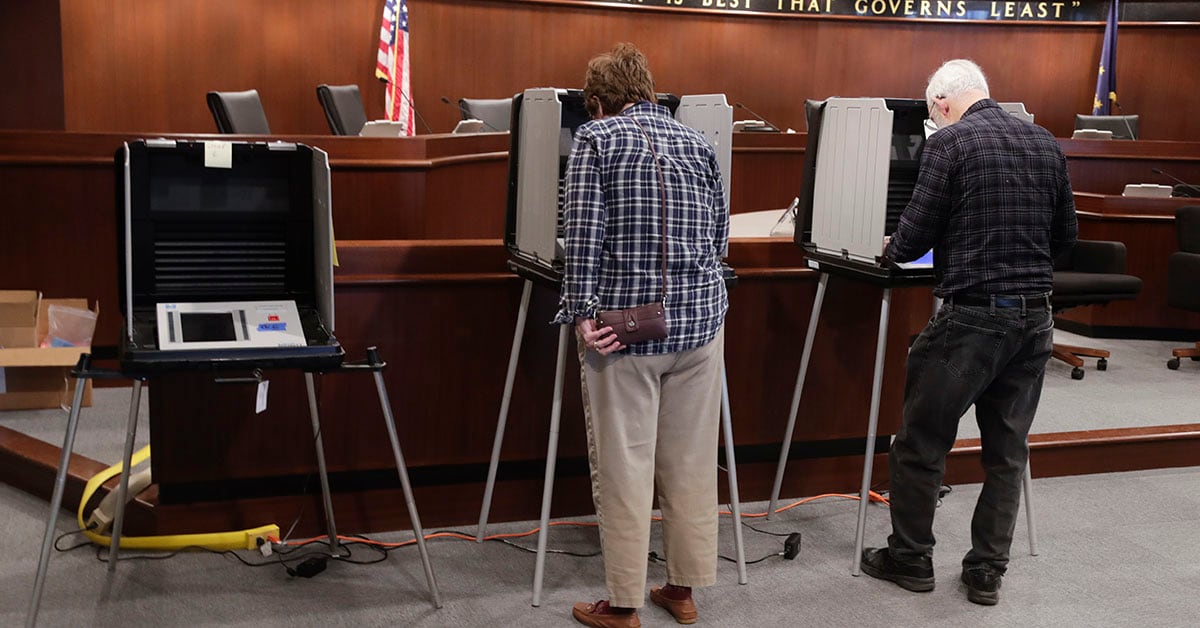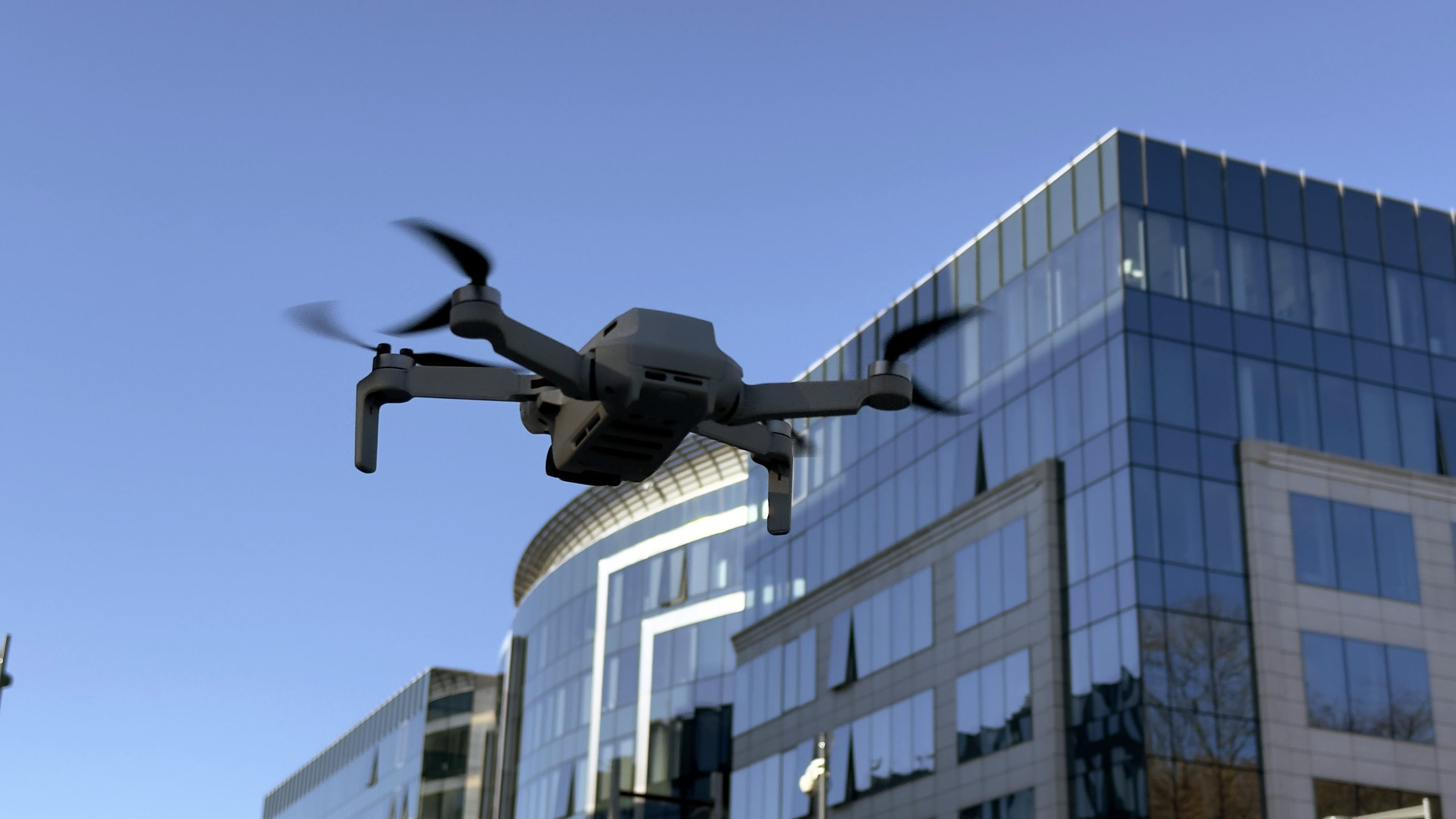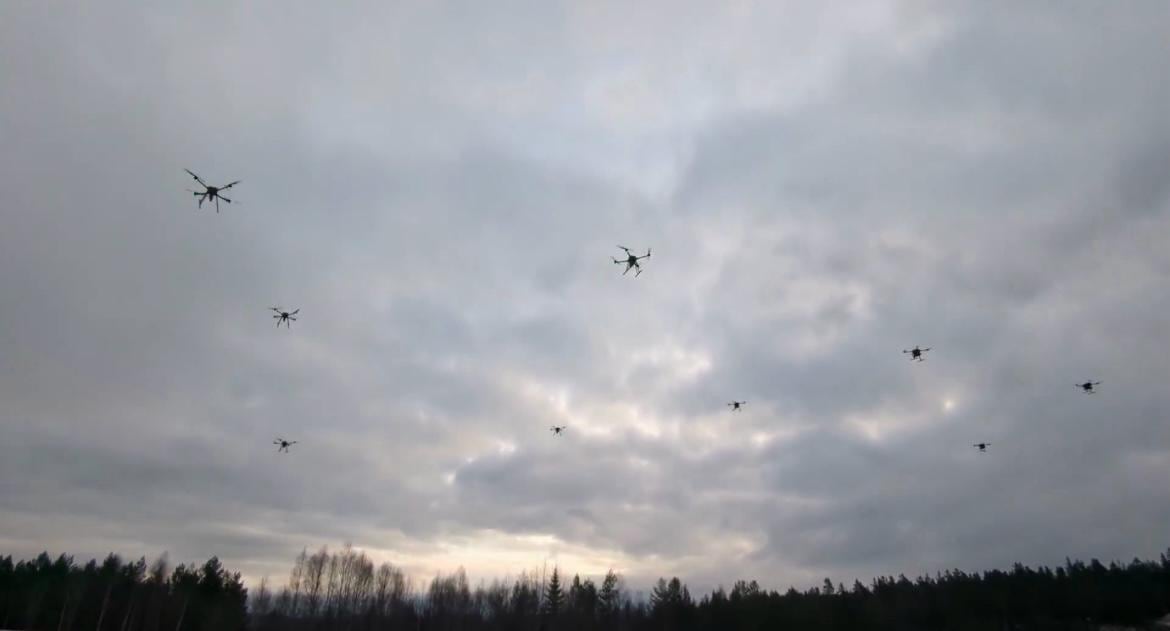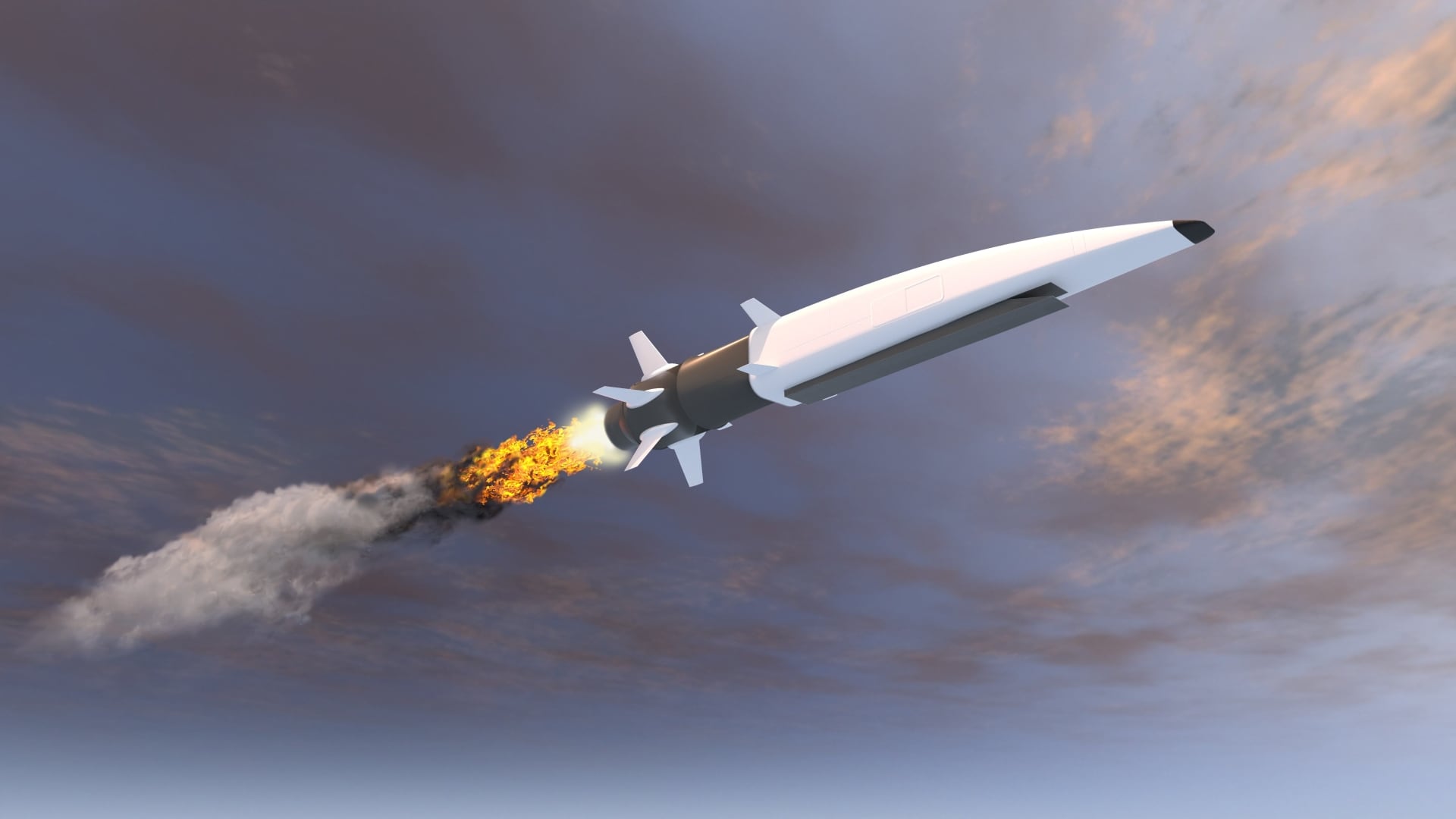The head of the National Guard Bureau’s intelligence directorate said there have been several events recently where governors have asked for a review of election security processes.
While not naming and states by name, Brig. Gen. Patrick Cobb, speaking August 15 at the DoDIIS conference, said these events have involved “basic blocking and tackling.”
“Are your patches up to speed, are you using an outdated router that we know that has holes in it that’s been there for a couple of decades,” he said, stressing that they don’t look at or access voter personal information. “What are those basic things we can help the states and their election official tighten up where they’re at right now?”
Cobb also outlined what cyber protection capabilities the National Guard can bring to bear to defend the election process from growing cyber threats. All the states have some level of cyber defense capability within their joint force headquarters, he said, but some have cyber protection teams part of the cyber mission force and cyber intelligence, surveillance and reconnaissance units making them “much better situated.
The Air Force, in building out the 39 cyber mission force teams it owes to U.S. Cyber Command, decided to take a total force approach using Guard and Reserve units to count toward the 39 teams. The Air Force has two cyber protection teams and a national mission team that are being sourced from Guard and Reserve units.
The Army, for its part, is also standing up 21 Reserve component cyber teams breaking down with 11 in the National Guard and 10 in the Reserve. These are not being counted toward the Army’s 41 teams it owes Cyber Command.
Cobb also said the National Guard Bureau can tie into Cyber Command and the Department of Homeland Security if officials are asking for help.
“We’ve seen some really good benefits from our cyber teams going out and assisting the state, the governments when called upon,” he said.
Mark Pomerleau is a reporter for C4ISRNET, covering information warfare and cyberspace.








